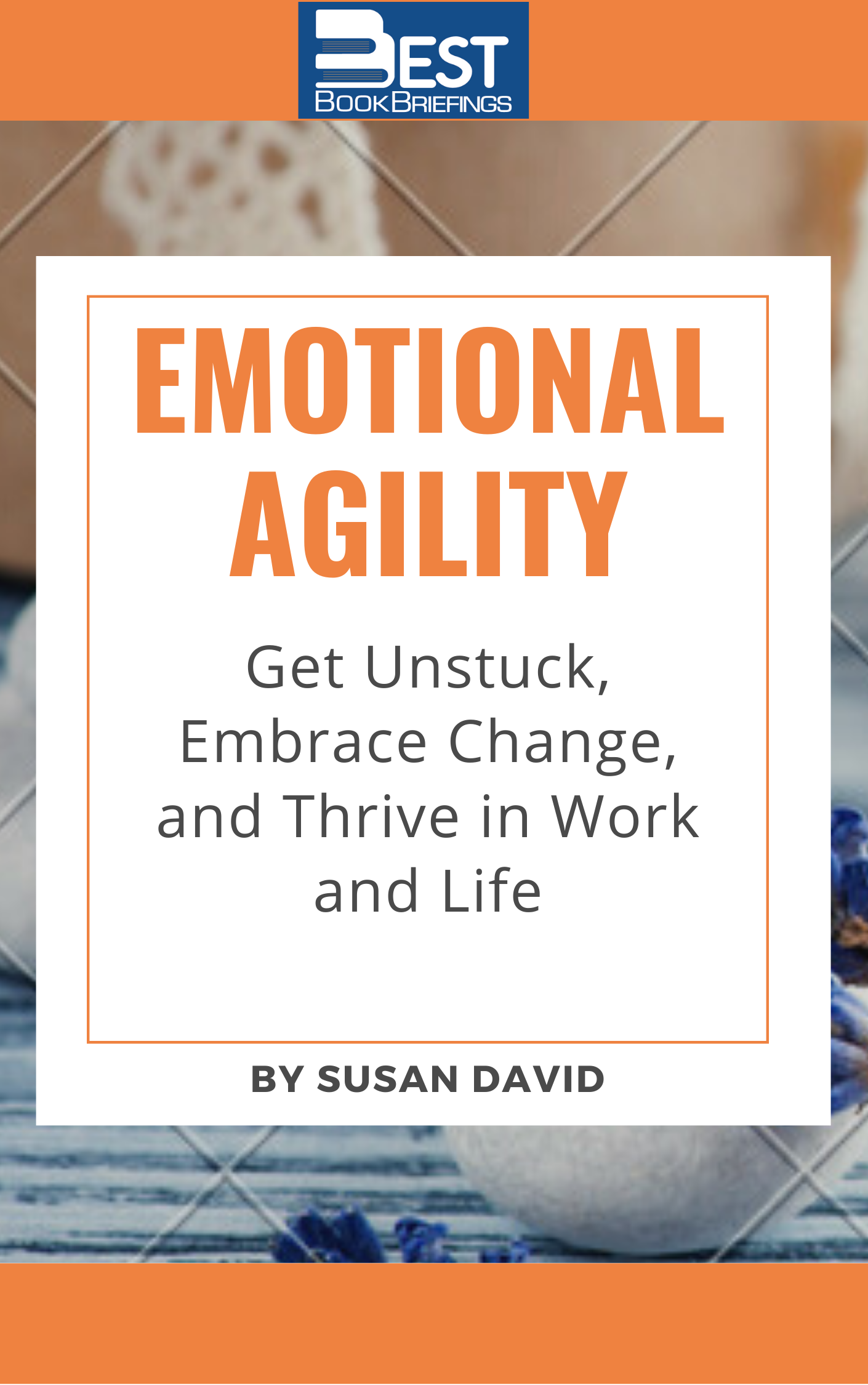Emotional Agility
Get Unstuck, Embrace Change, and Thrive in Work and Life
Editorial Review
Summary of Emotional Agility by Susan David. This summary intends to increase your awareness of your own emotions and to help you come to peace with even the difficult ones. According to the author, Susan David, if you want to control your emotions, you need to address your thinking patterns and your behaviors with agility rather than rigidity; you need to break free from any thought or belief that no longer serves you. This will help you enjoy your relationships with people, achieve your goals and fully live your life with all your heart.
Book Reviews
Books on Related Topics
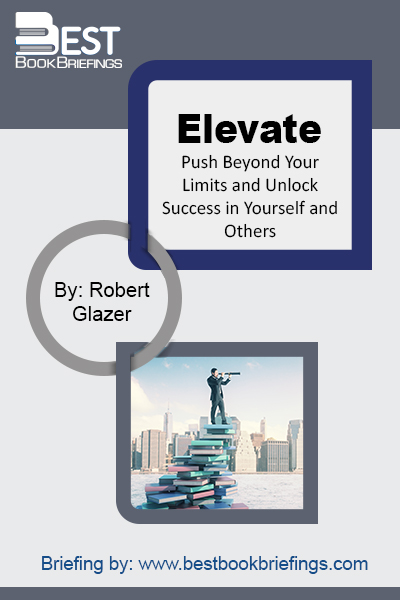
Elevating is challenging yourself to keep thriving; to keep pushing yourself beyond your limits to achieve your goals. People don't elevate because they're gifted or because they've got some talent that others don't. They elevate because they've found a way to keep improving themselves and reach their full potential. And so,
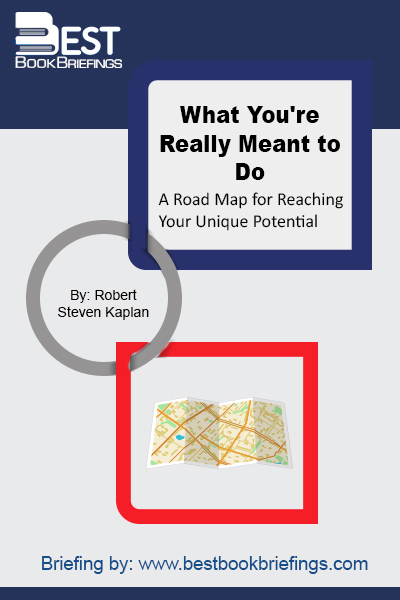
Creating your roadmap to success is all about self-discovery and understanding your skills, discovering who you are, and defining what you want. Only then, you can develop strategies for navigating your life and career in a systematic approach for thinking, learning and reaching your potentials.
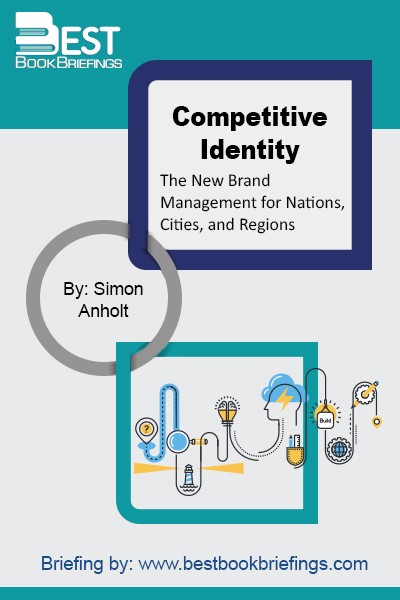
In such a busy and crowded marketplace, most people and organizations don’t have time to learn about what other places are really like. When you haven’t got time to read a book, you judge it by its cover. We all navigate through the complexity of the modern world armed with a
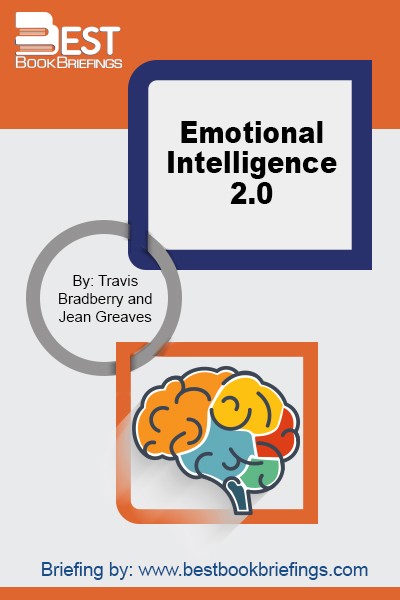
How much of an impact does Emotional intelligence (EQ) on your professional success? The short answer is: a lot! EQ has been tested alongside 33 other important workplace behaviors and was found to subsume the majority of them, including time management, decision- making and communication. EQ is so critical to success
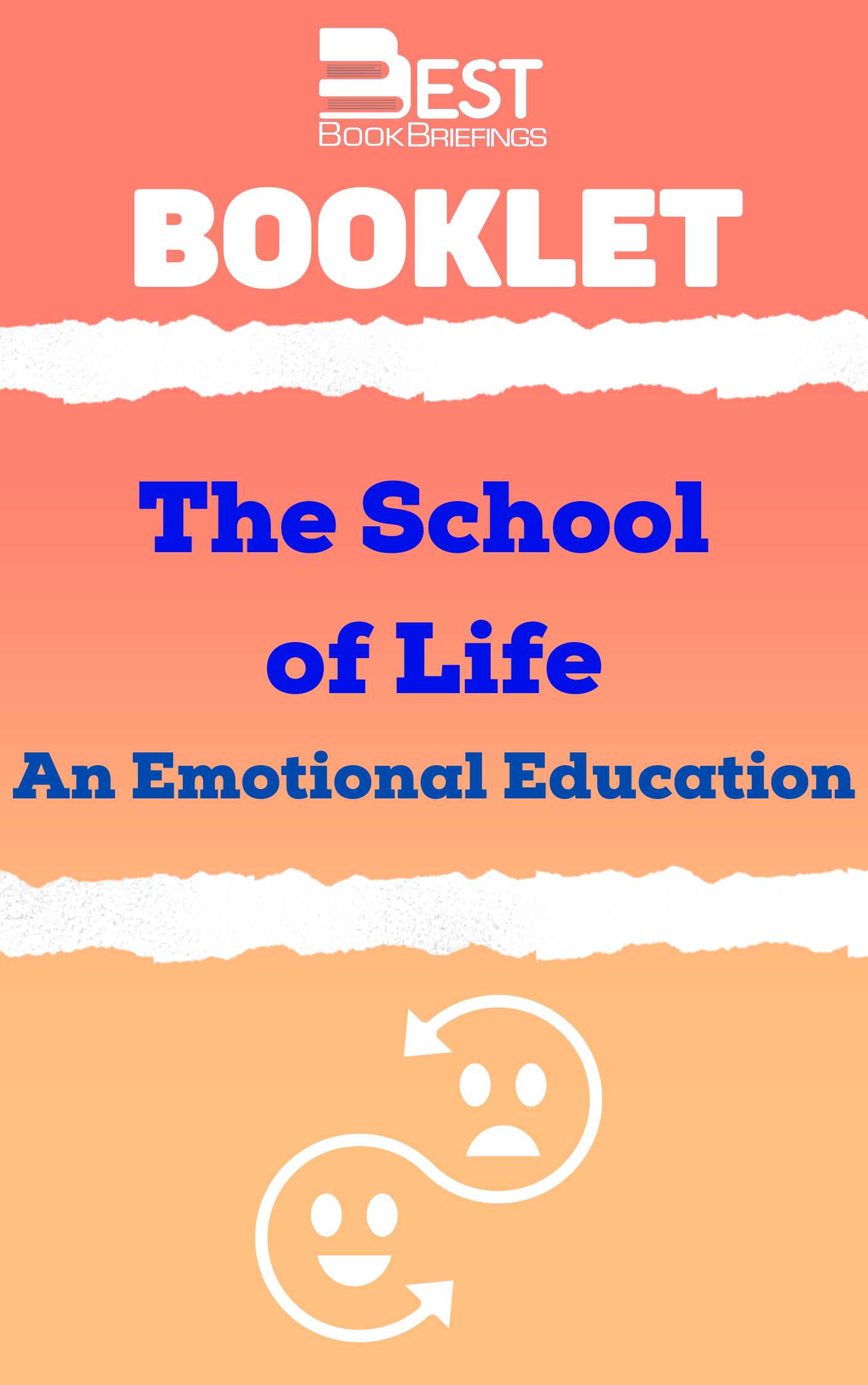
Emotional intelligence affects every aspect of the way we live, from romantic to professional relationships, from our inner resilience to our social success. It is arguably the single most important skill for surviving the twenty-first century. But what does it really mean?One decade ago, Alain de Botton founded The School of Life, an
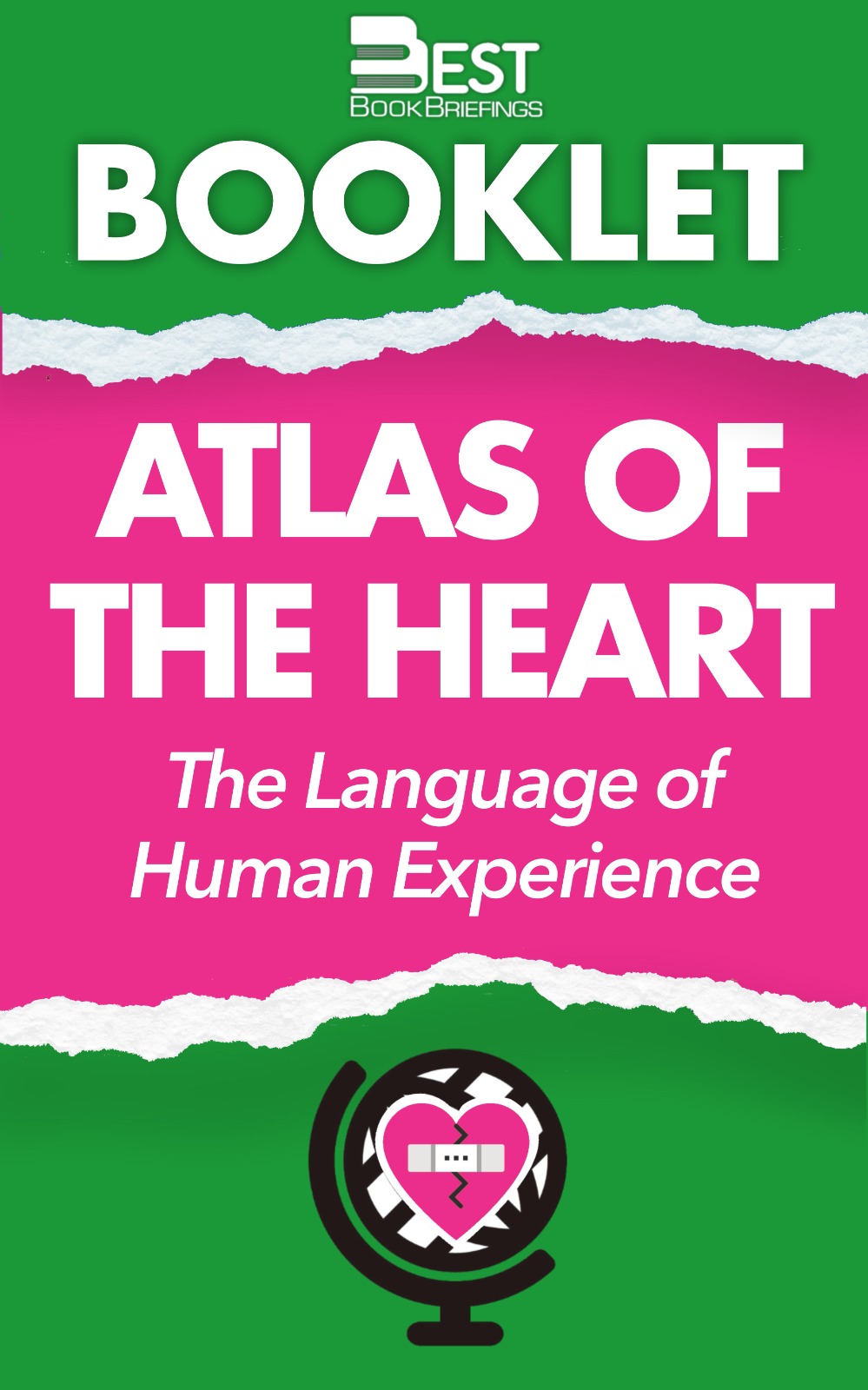
In Atlas of the Heart, Brown takes us on a journey through eighty-seven of the emotions and experiences that define what it means to be human. As she maps the necessary skills and an actionable framework for meaningful connection, she gives us the language and tools to access a universe of new

For the last twenty years, Melinda Gates has been on a mission to find solutions for people with the most urgent needs, wherever they live. Throughout this journey, one thing has become increasingly clear to her: If you want to lift a society up, you need to stop keeping women

